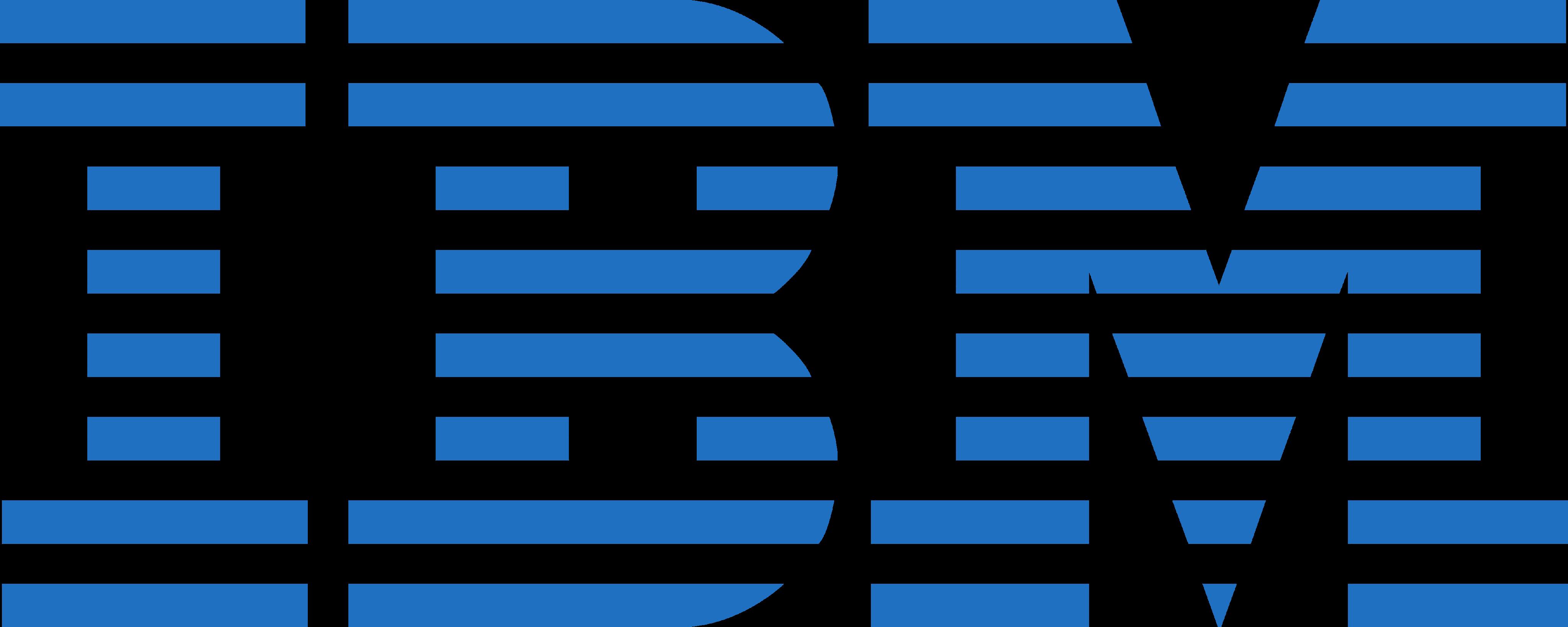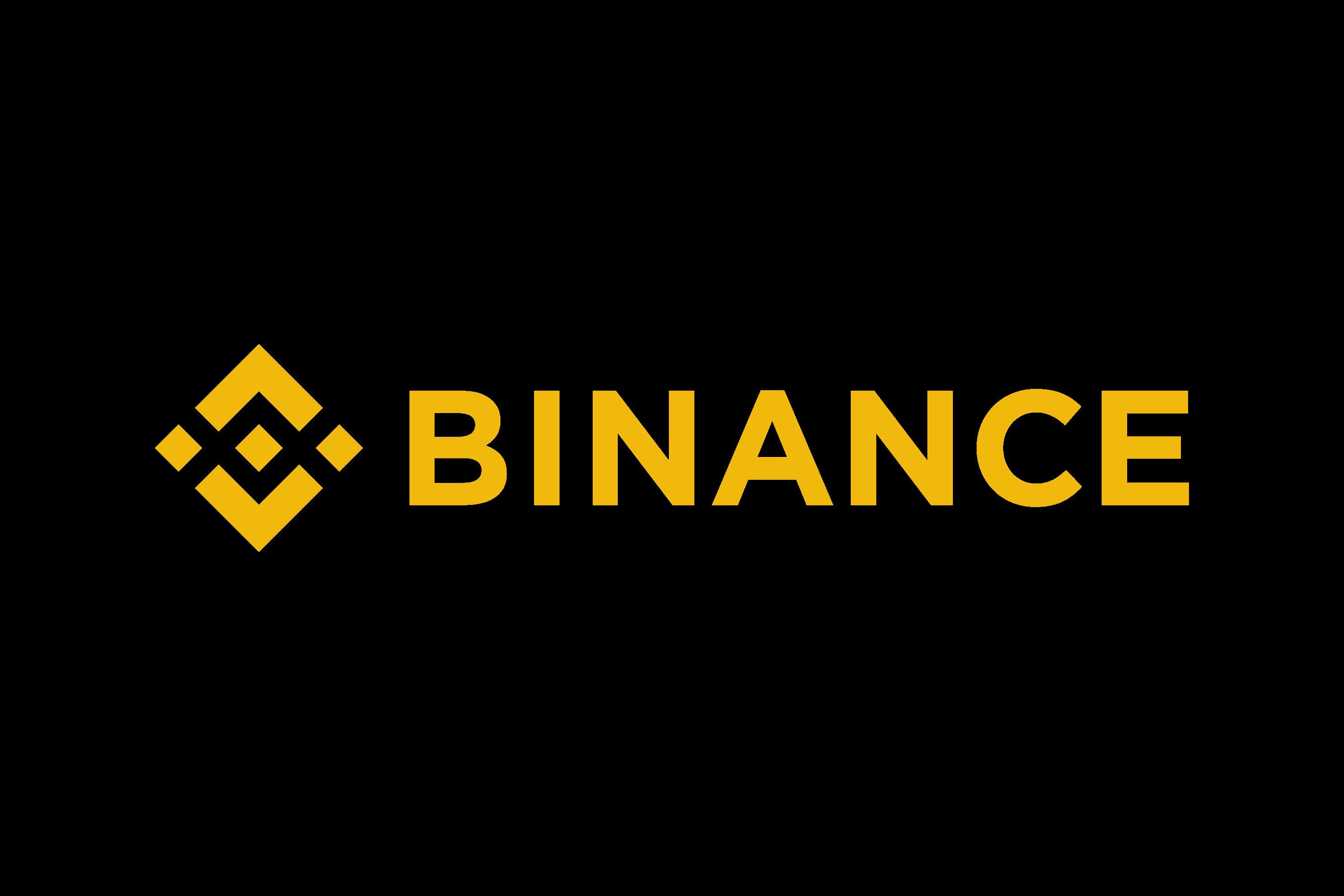2 0 2 3
Careers Guide
Intro to Fintech
Financial Technology (FinTech) is a rapidly evolving industry that brings together traditional institutions within finance to undergo transformation and innovation by leveraging tech-enabled solutions. With the aim of improving end-user experience and delivery, the emergence of FinTech has sparked a shift in mindset about how consumers access financial services.
Traditionally, consumers have relied on larger financial institutions for products and services related to personal banking, insurance, superannuation, credit, and investments. Deep with expertise and years of financial experience, a key problem that has arisen over the years is linked to accessibility.
This issue takes many forms including high barriers to credit and lending to access and usability of platforms as more individuals move to online and digital banking.
However, one characteristic stood clear as the world moved step by step towards a digitised economy: technology. This meant that companies whose key revenues were driven through financial products and services had to adapt to the changing climate. This created a playing field for innovation, experimentation, and competition. In comparison to its counterpart industries who have adopted and benefitted from software and hardware technologies, financial services was perhaps the next area that was conducive to innovation. Enter, then, the emergence of Financial Technology companies, or in other words: the “FinTechs”.
While the industry is mainly driven by start-up companies and individuals on the entrepreneurial pursuit, traditional financial institutions, such as banks, also participate through the creation of a dedicated tech team in developing new FinTech-related products and services.
The Global & Domestic FinTech Industry
In recent times, the FinTech industry has grown significantly across developed and emerging markets. Sydney has been named one of the seven FinTech hubs, alongside Hong Kong, Singapore, Germany, UK, New York and California. This is driven by projections on the potential for future expansion and growth.
The Asia-Pacific (APAC) region alongside North America holds the largest global market share at 40% each and is predicted to be the fastest growing over the next 3 years. In fact, Asia-Pacific with its rapidly growing middle class, may surpass North America within this demographic shift. It is projected that between 2010 and 2040, Asia’s middle class will grow by 180%. The impact of this figure is pertinent for FinTech as it facilitates an environment where individuals will demand higher rates of consumption in technology from digital payment usage through mobile phones to ecommerce and on-demand transportation.
Furthermore, the implications of COVID-19 may be fruitful for FinTechs as it provides a window of opportunity for further innovation to leverage digital technology in a time where restrictions and social distancing are enforced.
Furthermore, this is fuelled by its young-aged users identifying from the Gen Z and millennial users who grew up with technology as the norm. As digital natives, this demographic has high rates of success in the adoption of new and emerging technologies, and are open to alternative products and services from what their parental counterparts have used.
The Australian FinTech industry has seen exciting ventures and companies emerge as pioneers within the innovation space. Australian FinTechs are true innovators and leaders on the global stage - highlighted by Square’s AU$39bn acquisition of Melbourne’s Afterpay.
Australia’s stable regulatory environment in addition to its economic and political stability, in relation to partnerships with APAC nations form a lucrative avenue for product innovation and disruption. This has contributed to Australia being deemed as 6th place in the global FinTech rankings of 2021(1) - as reported by the Australian Trade and Investments Commission.
As of 2022, there were 775 active FinTech companies in Australia. The rate of FinTech adoption is 58%, which is over four times the estimated rate in 2015. Of this figure, 58% of companies were at its post-launch (post-revenue) stage despite 39% being less than 3 years old.
An important facet that fintechs fill is that they do not only take upon a B2C business model to service retail consumers but also help facilitate transactions in B2B for small to middle enterprises (SMEs) in order to improve their business operations.
Digital Payments
Digital payments has evolved the way we interact with every facet of our economy - online and instore shopping, investing, internet banking and much more. A significant decline in the amount and frequency of payments people are making in cash is paving way for Australia becoming a nearcashless society. According to the latest Consumer Payments Survey (CPS) by the Reserve Bank of Australia (RBA), the share of in-person transactions in Australia dropped from nearly 75 percent in 2007 to around 30 percent in 2019.
On the back of Lowe’s statement, as technology innovates and becomes more ingrained within the financial industry, a more efficient and streamlined payment process will only become more prevalent.
The technological evolution of this industry has only compounded in recent years. The Australian Government’s 2022 Payments System Board Annual Report highlighted a big shift towards digital payments, central bank digital currencies. Around half of all Australians use digital wallets for their payments. Also, the value of buy now pay later (BNPL) transactions increased by 37% in 2021/22 to $16 billion.
With these factors driving the innovation of digital payments, the industry offers more convenience and less friction to its consumers than ever before. According to the 2022 Back to Business Study by Visa, 90% of small businesses with an online presence said their survival through the pandemic was due to increased efforts to sell via e-commerce.
Nav ga g a ar r pa h h h s dus ry, h b lo o pa s prov d h op pay pro ssors a d o l pay pro ss g s rv s you should o
Fl R v u Ca r
Spo O B lld
Th r ar var ous rol s ha d o p h s fir s ru g. Ho v r, hr y rol s ha ar h gh r d a d fall u d r h follo g l s. Th s rol s s ray a ay fro h h al asp a d hav a h gh r fo us o orga sa o al s ra gy.
Product Manager
Th s rol arr s a h gh l v l of r spo s b l y, play g a hug rol dr v g sus a abl ova o a h fir , by p g ul pl proj s og h r o r a a - s ua o for all s a hold rs h lo g r .
Business Analyst
Bus ss a alys s r volv arou d g ra g valu for h o su r. R gard g a pl hora of d ff r bus ss probl s, h s rol ll ass ss ho h y a addr ss h s probl hrough g ra g a o abl s gh s h h o r a valu for h r l .
Cyber Risk Analyst
Cyb r r s a alys s hold h v al r spo s b l y of a alys g h fir ’s vul rab l s a d r s s o ards a y hr a a ors - x u g s ur y pro o ols for h fir ’s sys s, or s, a d s rv rs o a a h a ur y of h fir ’s s ur y.
Neobanks
Neobanks are growing within the FinTech industry, with their increasing popularity stemming from their ability to simplify how consumers manage personal finances and banking.
Classified as FinTech firms (often startups), their primary characteristic involves utilising software and other technologies to streamline mobile and online banking. This stems from not having any physical branch, being a purely online firm without a brick and mortar location – meaning they will usually specialise in a specific type of financial account or transaction.
However, Neobanks are not to be confused with online banks, which have greater capabilities. Although, their increased simplicity adds to their convenience and streamlining the banking process.
How exactly do they streamline the banking process?
Eliminate disjointed banking by connecting banking & finances
Offer customised financial services & additional benefits
Ensure advanced safety & security via verification & role- based access control
Help run all aspects of the business together from end- to-end
Despite their name, Neobanks have been around since 2016 and the main factors as to why they re here to stay:
Lower costs and fees
Technology underpins their business model
More efficient services
Convenient and easy to use
These advantages that neobanks offer is felt world-wide, with a projected 52.3% growth rate of money stored in neobanks by the time we reach 2030.
Neobanks offer a wide range of career opportunities, allowing you to be a part of a smaller organisation with a higher focus on relationships, connections and learning whilst also being lean in management.
Whilst one may think that in light of Volt Bank’s recent shut-down, many other fintech firms will be struggling in the same industry space, given Volt was Australia’s first fintech firm to reach unicorn status (reach a valuation of $1 billion without being listed on the stock market) - so how could other banks compete?
However, a wide variety of blossoming fintech firms are eager to onboard new, driven and passionate fintech enthusiasts to their staff to an even wider list of roles.
These roles can be categorised into the following non-extensive disciplines:
Developer Blockchain developer
Front end
Back end
Responsible for creating and servicing the mobile / desktop or web applications that ensure safety and security within mobile banking. Through creating efficient and optimal code, these roles are vital in generating tangible deliverables for the team
Most notable neobanks hiring developer positions: Flare
Most dominant developer hiring tech firm: Optiver and Macquarie Group
Data Analyst
Responsible for interacting with the finance, engineering, product, and raw data to mine and analyse financial and transaction-level data. From this data, these roles are in charge of extracting actionable insights and key trends, in order to communicate this to the rest of the team.
Most notable neobanks hiring analyst positions: Data Action
Most dominant hiring tech firm: SAP and EY
Sales Representative
By establishing a technical need for the customer, this role will be an outward facing position, communicating with the client in order to promote and sell how this product ts in with their requirements.
Most notable neobanks hiring sales positions: Tyro
Most dominant hiring tech rm: Tesla and SAS
Whilst these may seem like broad titles that are “thrown around”, this only highlights the ease of transferability between positions within fintech, especially with the skills developed in how they can be applied to multiple roles.
However, whilst neobanks fundamentally rely on these positions to function, it is exceptionally more common for the larger tech rms mentioned to have open availability for these job roles - especially an entry level position, due to the sheer scale of their customer base and operations.

The Blockchain Technology
As the world begins to shift into the new digital age, Web3, people have started to reevaluate the meaning of true privacy, especially with the monopoly of giant corporations in the FinTech industry. One way to fill in the gap was through the use of the blockchain.
It digitally records information to ensure that any tampering would not be possible. Popularised by Satoshi Nakamoto, the blockchain is known to many by the role it plays in the cryptocurrency Bitcoin.
So what exactly is blockchain technology? It is a group of information that is stored and called a block, and every block has a storage capacity. Once that is filled, the block shuts off and links to a new block where more information can be stored, creating this long winding chain of blocks.
The previous blocks are set in stone with timestamps of when it was entered, and creates this unchanging, immovable database of information.
Each computer stores a copy of the database and whenever new information is added, it will be verified by multiple parties to ensure its validity. It is this data structure that makes it secure and reliable, preventing any tamper.
Its main goal is to further decentralise trade and give rise to opportunities for more direct, peer-to-peer transactions, omitting the use of intermediates such as banks. The financial impact of the blockchain technology is massively apparent in cryptocurrency. As the key mechanism that powers Bitcoin, it ensures public transparency as the distributed ledger exists in every computer.
Recent Trends
Blockchain technology is not limited to finance. In fact, there are several fields that could benefit from this technology such as healthcare, real estate, and information technology. This expansion was due for a long time, which can be seen in the increase of job openings in relation to blockchain and ultimately, an increase in market size.
Blockchain Companies
As blockchain technology continues to prove its importance in the foundation of financial-technological businesses, job prospects in this sector are high. The following are some of the companies with relevant career paths for our readers:

> IBM
> SIG
> Binance
> Aglive

> EY
Although this is a FinTech-focused career’s guide, other degrees such as Information Technology, Computer Science, Business Information Systems, or any other business and IT related degrees are appreciated and will be considered. The jobs include several roles and responsibilities:
> Software Development Engineer
> Blockchain Engineer
> Data Engineer
> Project Management Consultant
Graduate programs for 2022 graduates are also available (IBM and SIG), with either business or technical roles.

Roles like these are beneficial to solidify your position in the workforce, as you will surround yourself with experts in the field and have a chance to work with them while utilising the skills obtained from your degree.
These roles are incredibly competitive and require several skill sets, both technical and general. A common ground for these jobs are an interest and passion for blockchain technology and experience in using languages such as SQL and Python.

Other responsibilities include performing code reviews, analysing market opportunities, developing solutions using technological or consultation skills, and improving algorithms used by each company. Digitisation and optimisation will be a recurring theme across the roles mentioned above.

Job Opportunities
Binance
Susquehanna International Group (SIG) is a global quantitative trading firm founded with an entrepreneurial mindset and a rigorous analytical approach to decision making. They continuously put themselves ahead by implementing the latest most effective technologies, such as the blockchain technology. SIG is one of the sponsor companies to UNSW FinTech Society.


Job Opening(s):
Work side-by-side with SIG’s traders to discover trading opportunities that other market participants fail to capitalise on and utilising problem-solving skills in a sector-focused trading desk. This position is open to recent or expected graduates of 2022 with a distinction average WAM.
Binance is the world’s largest cryptocurrency exchange with a world-class blockchain ecosystem. They are a wellknown name in the crypto field and serve to provide essential, advanced services from software to services to their users and partners.
Job Opening:
Join the Matching Engine Tech team as a Technical Solutions Engineer (API Specialist), which is a combination of Software Development duties and technical client support, if you have a Bachelor Degree in a tech field.
IBM
IBM is an American-founded software, hardware, and services company with a decorated history. Listed as one of the S&P 500, it utilises technologies such as AI, blockchain, and cloud computing to advance business all over the world.
Job Opening(s):
IBM 2023 Graduate Program
Work in consultation, development, project management, and data science roles to deliver a tailor-made system fit to the client’s needs. The ability to work in a team and independently with a growth mindset is appreciated. Technical and business roles available.
Aglive
Aglive is a digital platform with a mission to utilise the latest blockchain technology to track agriculture, paddock-to-plate. Their services benefit from the usage of IoT (Internet of Things), to ensure agriculture grows and thrives under the right conditions for safety and quality.
Job Opening(s):
Blockchain Engineer
Calling for passionate individuals with experience in Blockchain and DApps fields, including understanding and knowledge of cryptographic principles and data. Other required skills and experiences include basic understanding of consensus algorithms and digital security.
Software Development Engineer
Design and develop new features for the website and mobile application, while writing and performing code reviews in line with the industry standards. Experience in front and back end development with a degree in ITrelated fields is required.
Understanding and experience of blockchain technology is highly appreciated.

Robo Advisory
Th di ruptiv natur of financial technology ha tran lat d to mor capital gain and l commitm nt for th av rag inv tor. Robo ad isory ha grant d inv tor acc to rvic that manag th ir inv tm nt portfolio ba d on th ir p r onal goal and financial ituation , imilar to financial advi or . Th digital platform provid professional financial management and advic to u r for low r f compar d to financial advi or , and typically hav no minimum balanc .
Th ctor' ri in popularity i th r ult of gro ing trust toward algorithm and data coll ction, along with it low ntry f . Thi alt rnativ provid conv ni nc for u r by automating and utili ing passi e indexing strategies ba d on mod rn portfolio th ory which r f r to maximi ing xp ct d r turn giv n a c rtain l v l of ri k. Th int gration of robo advi or i n acro many brok rag and inv ting platform , with om taking a hybrid approach to utili human conn ction and digital advic .
Contrary to thi , robo advi or hav re ealed to b
Conv ni nt and co t ctiv Effici nt in tim con uming ta k
U mor div r ification in portfolio Low r f than traditional financial advi or
Whil t thi n w form of financial t chnology m advantag ou , th r ar do nsides to it automation
Lo of autonomy ov r inv tm nt Focu d on matching mark t tr nd rath r than b ating th mark
Limit d abiliti in managing compl x a t lik tat
plannin
Lack of human int raction and conn ction
Spotlight
Vanguard along with other financial advisory platforms have adopted robo advisors to attract young techy investors. This infrastructure will serve to be highly beneficial as financial advisors would also be able to efficiently calculate risks using the automated infrastructure.
The rise of account holders are a result of an increase in younger generations accumulating more income thus seeking robo advisors. Whilst the slowing down in change can be attributed to the slowing down of accounts opened due older generations preferring traditional methods of communication.
Software developers code to des gn, bu ld and ma nta n the software nfrastructure for users to access robo adv sors Th s role s fundamental n development of the robo adv sory and work on the back end
Data sc ent sts analyse data and use mach ne learn ng to bu ld personal sed data products to create nformat on to make better dec s ons for products and customers Th s s then rev ewed to find d spar t es, ma nta n ng data and v able nvestment opt ons Serv ce spec al sts: Spec al sts prov de feedback and ass stance for nd v duals nav gat ng the robo adv sors They prov de support through chat funct ons and red rect users to resources to enhance user exper ence
Digital Transformation
A term best describing the past decade would be ‘digital transformation’. It is the digitisation or implementation of digital technology to a business, organisation, or a brand, to name a few. In FinTech, digital transformation technology simplifies processes and yields efficiency. The following technologies are often implemented in business and organisations alike.
Hybrid Cloud
Hybrid cloud computing involves the mechanism of linking private clouds, public clouds, and on-premises technology to form a unified, easilyaccessible environment. This reduces storage costs and scales down into hybrid cloud-focused solutions, allowing businesses to expand to several platforms and not have to sacrifice their user experience following an expansion of their customer base.
Internet of Things (IoT)
The IoT is a network of physical devices connected to the internet worldwide, collecting and sharing data each of them has accumulated. The possibilities for implementing this technology into the FinTech industry are endless, for example, Cash App allows its users to send, receive payments, and buy stocks through a single mobile app.
This mechanism makes way for more personalised and improved customer service, data analysis optimisation, and quick cashless transactions.
Blockchain Technology
Blockchain technology can be used to simplify a range of things, and is the foundation to cryptocurrencies today. It provides a strong and reliable immutable ledger to ensure transparency and security in financial transactions as we transition into Web3.
AI and Automation
Artificial intelligence (AI) has cemented its role in technology as the leading mechanism used in algorithm services. It mimics the way the human mind thinks and translates it into machine language, providing ‘hands-free’ solutions to traditional services. In FinTech, AI allows for benefits such as real-time data updates, stock predictions, and customer insights. AI can also provide a customised interface for every user based on the algorithm.
As digital transformation quickly becomes one of the foundational aspects to a business’ survival, the job market has also expanded to accommodate for this integral change. Employment opportunities from Accenture, EY, Macquarie Group, and AWS are available for recent graduates with degrees in Business, Commerce, Information Systems, Computer Science, or in a similar/related field. Students with strong interpersonal, communication, and leadership skills are highly valued and are encouraged to apply for the following roles:
Entry-Level Market
Operations Associate
Digital and Emerging Tech Consultant
Business Development
Associate
Strategy Professional
Technical Business Analyst
In addition, analytical, strategic, product management, and analysis skills are highly appreciated, along with technical skills including DevOps engineering, cloud computing, frontend development, and knowledge in Java, Python, and Typescript.
WealthTech
Within the name itself, Wealth Technology, the industry is focused around the management of Wealth using technology and fintech solutions. This may include insurance and regulatory technology and investment/asset management technology.
Common services provided in the industry include micro-investing, Robo-Retirement and financial advisors, digital brokers and business-to-business (B2B) products. This fits into the overall fintech industry using popular artificial intelligence and big data to drive its processes and appeal to the market.
WealthTech has shifted over the past few years based on market demands and the nature of financial markets. Not long after the 2008 GFC, the wealth tech industry started to expand, with the emergence of trading apps and robo advisors. Since then, the market has shifted to a trend of more open banking and increased financial services that are more personalised and trust worthy.
The industry's development is in parallel with the technology boom that saw an increase in startups and firms offering more choice to investors. This further development can also be witnessed in the last 5 years that captures the wealthtech industries expansion, with COVID-19 only accelerating it.
Companies such as Robinhood and GBST are major players currently using quantitative investing techniques to provide a range of services. These include personalised trading recommendations and online support services.
With blockchain, a popular and increasingly adopted technology, the WealthTech industry is predicted to use such technology with startups already offering such services. This integration can also be seen with cloud computing, with this technology a popular feature for micro investmenting.
Since WealthTech is such a broad sector that combines those who are literate in financial investing and software developers that facilitate these programs, many opportunities are available.

Specific roles include Tech Engineer, Software developer, Cyber Security agent, Trading Specialist.
The industry also hosts a range of tech and financial related legal roles as the nature of such programs and transactions need to adhere to changing regulations.
There are also a range of opportunities that are available within start-ups, with Australian firms such as Superhero, Coinspot and Swyftx that are looking for these roles. Opportunities are also available within larger firms including Commonwealth Bank, KPMG and Google that are always actively looking to innovate into new markets.
In the year following the expansion of the WealthTech industry, it has significantly changes the way Millennials invest and spend.
With these technologies and services readily available at our fingertips, it has lead to an increase in risk taking overall.
While it is debated whether this is educated or uneducated, the industries growth has enabled ‘armchair investing’ with little to no consultation and the ability to spend most of their funds.
However, WealthTech applications and services are creating features to make the user more price sensitive and aware by warning users before purchases and allowing them to access a wealth (pardon the pun) of knowledge before they commit to any purchase.

Some have also taken the extra step by ensuring users have an emergency fund to avoid the impact of any heavy loss.
Overall, the WealthTech industry has allowed for greater choice, convenience and for more people within society to access a part of wealth investment of the once privileged and the industry is only scheduled to further increase in the future.
Quantitative Trading
As Quantitative trading includes a combination of statistics, mathematical skills and problem solving, degrees including Mathematics, Economics, Engineering, Commerce majoring in Finance or Banking as well as Computer Science degrees may be more suited to these positions. As more banks and investment firms increase their Quantitative trading teams due to the return they may yield, these positions will increase.
Jobs are available in a range of investment firms, including investment firms such as Susquehanna International Group (SIG) and Optiver that use available data and a range of applications to make investment decisions.
Opportunities are available in investment firms:
MC Financial Markets ( MC
S G Citadel
As well as top global hedge funds
D.E. Sha
Two Sigm
Renaissance Technologies
Position within these businesses ranging from:
DevOps Engineer assists with developing new approaches to and models that will be used by investors in the engine. Quantitative Researcher analyses the existing models and improves based on the changing market.
A Quantitative Strategist sits on the trading floor working with traders and researchers to create strategies and adjust algorithms to reflect market trends
A Quantitative Portfolio Manager uses strategies from their team to implement across futures, options, equities and FX. The manager is also responsible for monitoring risk/reward and portfolio value.


